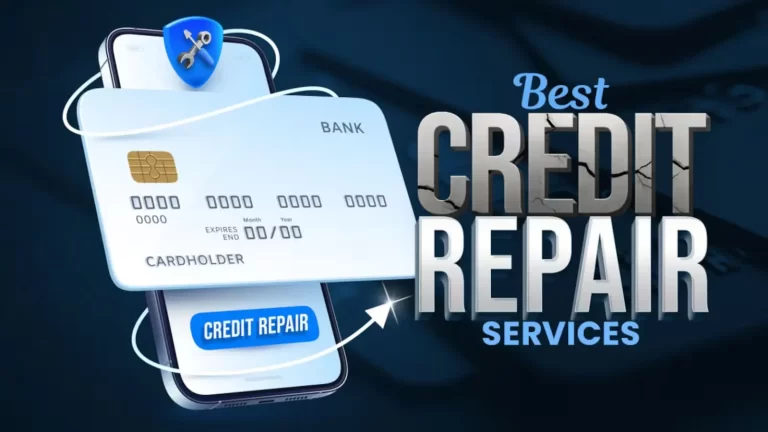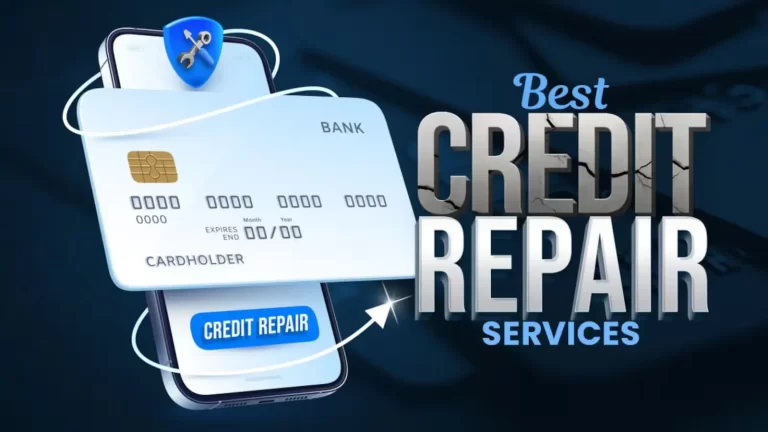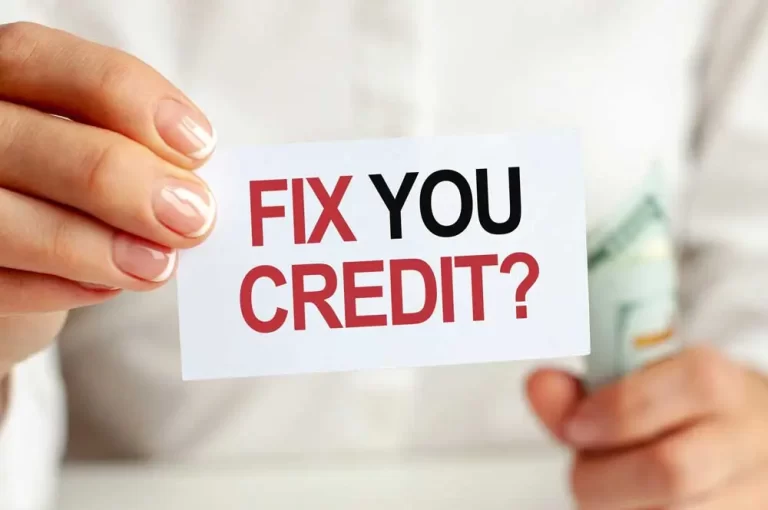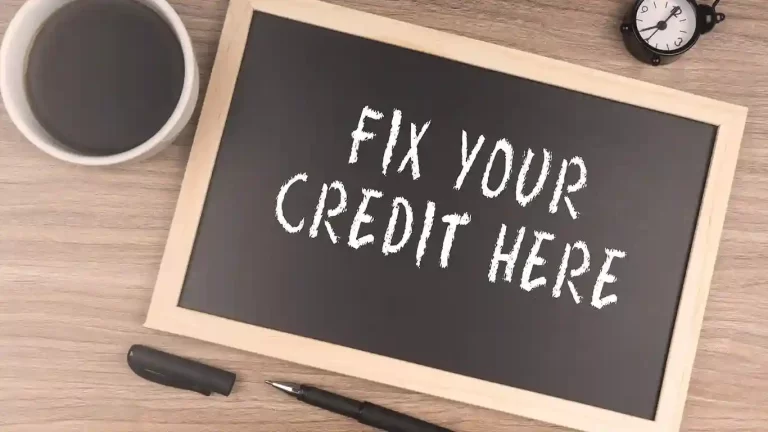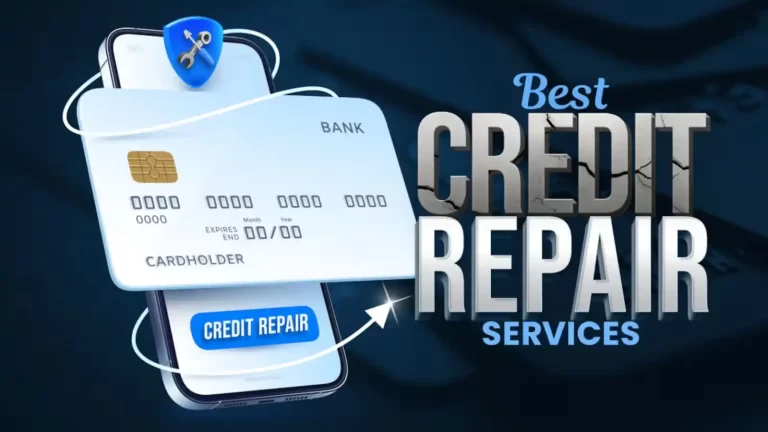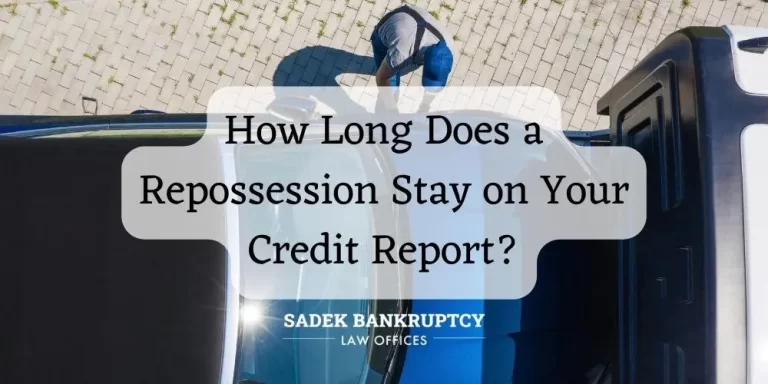Breaking a lease is a common occurrence in the rental market, as unforeseen circumstances or changing life situations can necessitate an early termination of a lease agreement. However, many tenants are concerned about the potential consequences of breaking a lease, specifically with regards to their credit score.
The impact of breaking a lease on your credit
Impact of breaking a lease on your credit is crucial for tenants who find themselves in such a situation. While it is true that breaking a lease can have consequences, it is important to note that it may not directly hurt your credit score. Unlike unpaid bills or loan defaults, breaking a lease is not typically reported to credit bureaus unless there is a legal dispute involved. However, it is essential to be aware that breaking a lease can indirectly affect your creditworthiness. Some landlords may choose to report unpaid rent or fees to collection agencies, which could potentially impact your credit score. Additionally, future landlords may request rental references, and if your previous landlord reports negative information, it could impact your chances of securing a new rental. It is therefore advisable to communicate with your landlord, explore possible solutions, and try to minimize any negative repercussions.
Factors to consider before breaking a lease
Before making the decision to break your lease, there are several important factors that you should carefully consider. By taking the time to evaluate these factors, you can make a more informed decision and potentially minimize any negative consequences on your creditworthiness.
Firstly, it is crucial to review the terms and conditions outlined in your lease agreement. Understanding the specific clauses regarding lease termination, penalties, and notice requirements can help you prepare for the potential financial implications of breaking your lease.
Consider your reason for wanting to break the lease. Is it due to financial difficulties, a job relocation, or personal circumstances? Evaluating the reasons behind your decision can help you determine if there are alternative solutions available, such as subletting or negotiating with your landlord.
Additionally, it is important to assess the rental market in your area. If demand is high and vacancies are low, finding a replacement tenant for your unit may be easier, reducing the financial burden on you.
Lastly, communication is key. Openly discussing your situation with your landlord can sometimes lead to a mutually beneficial resolution. They may be willing to work with you on a payment plan or agree to terminate the lease without penalties.
By considering these factors, you can make a more informed decision and take steps to mitigate any potential negative impact on your credit. In the following section, we will delve into practical tips for breaking a lease while preserving your creditworthiness.
Minimizing the potential credit damage
Breaking a lease can potentially have a negative impact on your credit, but there are steps you can take to minimize this damage. Here are some practical tips to consider:
Pay all outstanding dues:
Before you move out, ensure that all outstanding rent, fees, and penalties are paid in full. This will help prevent any unpaid debts from being reported to credit bureaus.
Leave the property in good condition:
Landlords often deduct money from the security deposit for repairs and cleaning costs. By leaving the property in good condition, you can increase the chances of receiving your full deposit back, which can help offset any financial losses.
Find a replacement tenant:
If your lease allows it, consider finding a suitable replacement tenant to take over your lease. This can help alleviate the financial burden and also prevent any gaps in rental income for the landlord.
Get written confirmation:
When you reach an agreement with your landlord regarding the lease termination, ensure that you get written confirmation of the terms. This can serve as evidence in case any disputes arise in the future.
Monitor your credit report:
Regularly check your credit report to ensure that any information related to your lease termination is accurately reported. If you notice any errors or inconsistencies, take immediate steps to address them with the credit bureaus.
Communicating effectively with your landlord
Effective communication with your landlord is crucial when you find yourself in a situation where you need to break your lease. Here are some key tips to help you handle this conversation professionally:
Be upfront and honest:
As soon as you know you need to break your lease, inform your landlord immediately. Avoid delaying this conversation as it can cause further complications. Being honest about your circumstances will allow both parties to find a mutually beneficial solution.
Review your lease agreement:
Familiarize yourself with the terms and conditions outlined in your lease agreement. It is important to understand any penalties or fees associated with lease termination and communicate your understanding with your landlord.
Propose potential solutions:
Before speaking with your landlord, consider potential solutions that could mitigate the impact of your lease termination. This could include finding a replacement tenant, offering to pay a portion of the remaining lease term, or suggesting alternative arrangements that can benefit both you and your landlord.
Document everything:
During your conversation with your landlord, make sure to take notes and keep a record of all discussions. This includes any proposed solutions, timelines, or agreements reached. Having everything in writing will help avoid misunderstandings or disputes in the future.
Remain professional:
Regardless of any disagreements or tensions that may arise, it is essential to maintain a professional tone throughout your communication with your landlord. Avoid becoming defensive or confrontational, as this can make finding a mutually beneficial solution more difficult.
By effectively communicating with your landlord, you can showcase your willingness to be cooperative and find a solution that works for both parties. Remember, open and honest communication is key to minimizing any negative effects on your credit and maintaining a good relationship with your landlord.
Exploring alternative solutions
In some situations, breaking a lease may be unavoidable due to unforeseen circumstances or personal reasons. However, before making the final decision to terminate your lease, it’s worth exploring alternative solutions that could potentially alleviate the need for lease termination.
Subletting:
If your lease agreement allows it, consider finding a responsible and trustworthy subtenant to take over your lease. This can help you avoid penalties or fees associated with breaking your lease, as well as maintain a good relationship with your landlord. Make sure to discuss this option with your landlord, and ensure that all necessary documentation and agreements are in place.
Lease buyout:
Another option to explore is a lease buyout. This involves negotiating with your landlord to pay a certain amount to terminate your lease early. While you may incur some financial costs, this can be a viable solution if you are unable to find a subtenant or if your lease agreement does not allow subletting.
Early termination clause:
Check your lease agreement for any early termination clauses that may allow you to break your lease without significant penalties. Some leases have provisions that allow termination for specific reasons, such as job relocation or medical emergencies. If you believe your situation fits into one of these clauses, discuss it with your landlord and provide any necessary documentation to support your case.
Exploring alternative solutions shows your commitment to fulfilling your lease obligations and finding a positive resolution for both parties involved. Communication is key in these discussions, so be open, transparent, and willing to compromise to reach a mutually beneficial solution that minimizes any negative impact on your credit.
Seeking legal advice when necessary
While exploring alternative solutions is always recommended when considering breaking a lease, there may be instances where seeking legal advice becomes necessary. If you find yourself in a situation where terminating your lease is the only viable option and your landlord is uncooperative or you face an unreasonable financial burden, it’s important to understand your rights and legal obligations.
Consulting a lawyer specializing in real estate law can provide you with valuable insights and guidance. They can review your lease agreement, assess the circumstances surrounding your decision to break the lease, and advise you on the best course of action. They can also help protect your rights and ensure you navigate the process in a legally sound manner.
It’s worth noting that legal assistance may come at a cost, but having a professional advocate on your side can provide peace of mind and potentially help you avoid any unnecessary negative consequences. Remember, seeking legal advice is an option to consider when all other avenues have been exhausted, and it can help you make informed decisions and protect your credit in the long run.
Stay tuned for the next section, where we will discuss the potential impact of breaking a lease on your credit score and ways to minimize that impact.
Monitoring your credit score
Breaking a lease can have potential repercussions on your credit score, so it’s crucial to monitor it closely during and after the process. Keep a regular check on your credit report to ensure there are no negative entries related to the lease termination.
If you notice any inaccuracies or incorrect information, make sure to dispute it with the credit reporting agencies. You can also request your landlord to provide documentation stating that the lease was terminated mutually or due to extenuating circumstances. This documentation may help your case if you ever need to explain the lease termination to potential landlords or lenders in the future.
Additionally, taking steps to rebuild your credit after breaking a lease is essential. Pay all your bills and financial obligations on time to establish a positive payment history. Consider applying for a secured credit card or a small loan, making timely payments to show responsible financial behavior.
If you are considering breaking a lease, you may be wondering about the potential consequences on your credit score. Breaking a lease can be a stressful and expensive process, but it’s important to understand how it can affect your creditworthiness. In this article, we will explore the impact of breaking a lease on your credit score and provide insights on how to minimize the damage.
Impact of Breaking a Lease on Your Credit Score
Breaking a lease means that you are ending a rental agreement before the agreed-upon term is up. It can happen for various reasons, such as relocating for a job, family emergency, or financial hardship. While breaking a lease can be a necessary step, it’s important to understand how it can affect your credit score.
Your credit score is a measure of your creditworthiness, and it reflects your credit history and how you manage your debts. A good credit score is essential for getting approved for loans, credit cards, and mortgages. Late payments, high credit card balances, and collection accounts can lower your credit score, making it harder for you to get approved for credit in the future. Lease Hurt Your Credit
What Happens to Your Credit Rating When You Break Your Lease
Breaking a lease can hurt your credit score, but it’s not always the case. When you sign a lease agreement, you are entering into a legal contract with your landlord, and you have a legal obligation to pay rent for the duration of the lease. If you break the lease, your landlord can report the unpaid rent to the credit bureaus, which can lower your credit score.
Additionally, if your landlord sends your account to a collection agency, it can also hurt your credit score. Collection accounts can stay on your credit report for up to seven years, and they can significantly lower your credit score.
The Importance of Communication with Your Landlord
If you are thinking about breaking your lease, it’s important to communicate with your landlord. Explain your situation and try to negotiate a solution that works for both parties. Your landlord may be willing to work with you and allow you to break the lease without reporting it to the credit bureaus or sending your account to a collection agency.
If you can’t reach an agreement with your landlord, you may want to consider seeking legal advice. An attorney’s assessment of your lease agreement will inform you of your legal standing. They can also negotiate on your behalf and help you minimize the damage to your credit score.
How to Minimize the Damage of Breaking a Lease on Your Credit Score
If you have to break your lease, there are ways to minimize the damage to your credit score. One option is to pay the remaining rent upfront. If you can afford to pay the rent for the remaining months of your lease, your landlord may be willing to release you from the lease without reporting it to the credit bureaus.
Another option is to sublet your apartment. If you can find someone to take over your lease, you may be able to avoid breaking the lease altogether.
Understanding the Difference Between Breaking a Lease and Eviction
It’s important to note that breaking a lease is different from being evicted. If you are evicted, your landlord has gone through the legal process of removing you from the property due to a violation of the lease agreement. An eviction can also hurt your credit score, but it’s typically more damaging than breaking a lease.
How breaking a lease can affect your credit?
The Role of Collection Agencies in Breaking a Lease
If your landlord sends your account to a collection agency, it can have a significant impact on your credit score. Collection accounts can stay on your credit report for up to seven years and can lower your credit score by up to 100 points.
If you receive a notice from a collection agency, it’s important to take action. You can dispute the debt if you believe it’s inaccurate or negotiates a payment plan with the collection agency. Paying off the debt can help improve your credit score over time.
Seeking Legal Advice in Breaking a Lease
Breaking a lease can be a complicated process, and it’s important to understand your rights and obligations under the lease agreement. If you are unsure about how to proceed, you may want to consider seeking legal advice.
A lawyer can help you review the lease agreement and understand the potential consequences of breaking the lease. They can also help you negotiate with your landlord or take legal action if necessary.
Alternatives to Breaking a Lease
If you are considering breaking your lease, there may be alternatives that can help you avoid damaging your credit score. One option is to negotiate a lease termination agreement with your landlord. This can allow you to end the lease early without incurring penalties or damage to your credit score.
Another option is to sublet your apartment. If you can find someone to take over your lease, you may be able to avoid breaking the lease altogether. However, it’s important to check with your landlord first to ensure that subletting is allowed under the terms of your lease agreement. Lease Hurt Your Credit.
Get a Credit Repair Service
The Importance of Renter’s Insurance
Renters insurance can also help protect your credit score in the event that you need to break your lease. Renters insurance can cover the cost of damages or liabilities that occur in your apartment, such as fire, theft, or water damage. Having renters insurance can help protect you from unexpected expenses that could lead to missed rent payments.
The Role of Credit Monitoring in Protecting Your Credit Score
Credit monitoring can also be helpful in protecting your credit score. By monitoring your credit report regularly, you can stay on top of any changes or inaccuracies that may occur. You can also set up alerts to notify you of any changes to your credit score or credit report.
Conclusion: Understanding the Impact of Breaking a Lease on Your Credit Score
Breaking a lease can have a negative impact on your credit score, especially if your landlord reports the delinquency to the credit bureaus or sends your account to a collection agency. However, there are steps you can take to minimize the damage, such as negotiating a lease termination agreement or subletting your apartment.
It’s also important to consider the role of renters insurance in protecting your credit score. Renters insurance can cover the cost of damages or liabilities that occur in your apartment, which can help you avoid unexpected expenses that could lead to missed rent payments. Lease Hurt Your Credit
Frequently Asked Questions About Breaking a Lease and Credit Scores
- Can breaking a lease hurt your credit score? Yes, breaking a lease can hurt your credit score if your landlord reports the unpaid rent to the credit bureaus or sends your account to a collection agency.
- How much can breaking a lease lower your credit score? Breaking a lease can lower your credit score by up to 100 points, depending on the severity of the delinquency.
- Is there any way to avoid damaging your credit score when breaking a lease? There are ways to minimize the damage to your credit score, such as paying the remaining rent upfront or negotiating a lease termination agreement with your landlord.
- Can subletting your apartment help you avoid breaking a lease? Subletting your apartment can help you avoid breaking a lease, but it’s important to check with your landlord first to ensure that it’s allowed under the terms of your lease agreement.
- How long can a collection account stay on your credit report? There is a seven-year maximum for how long a collection account will show up on your credit report. Lease Hurt Your Credit



